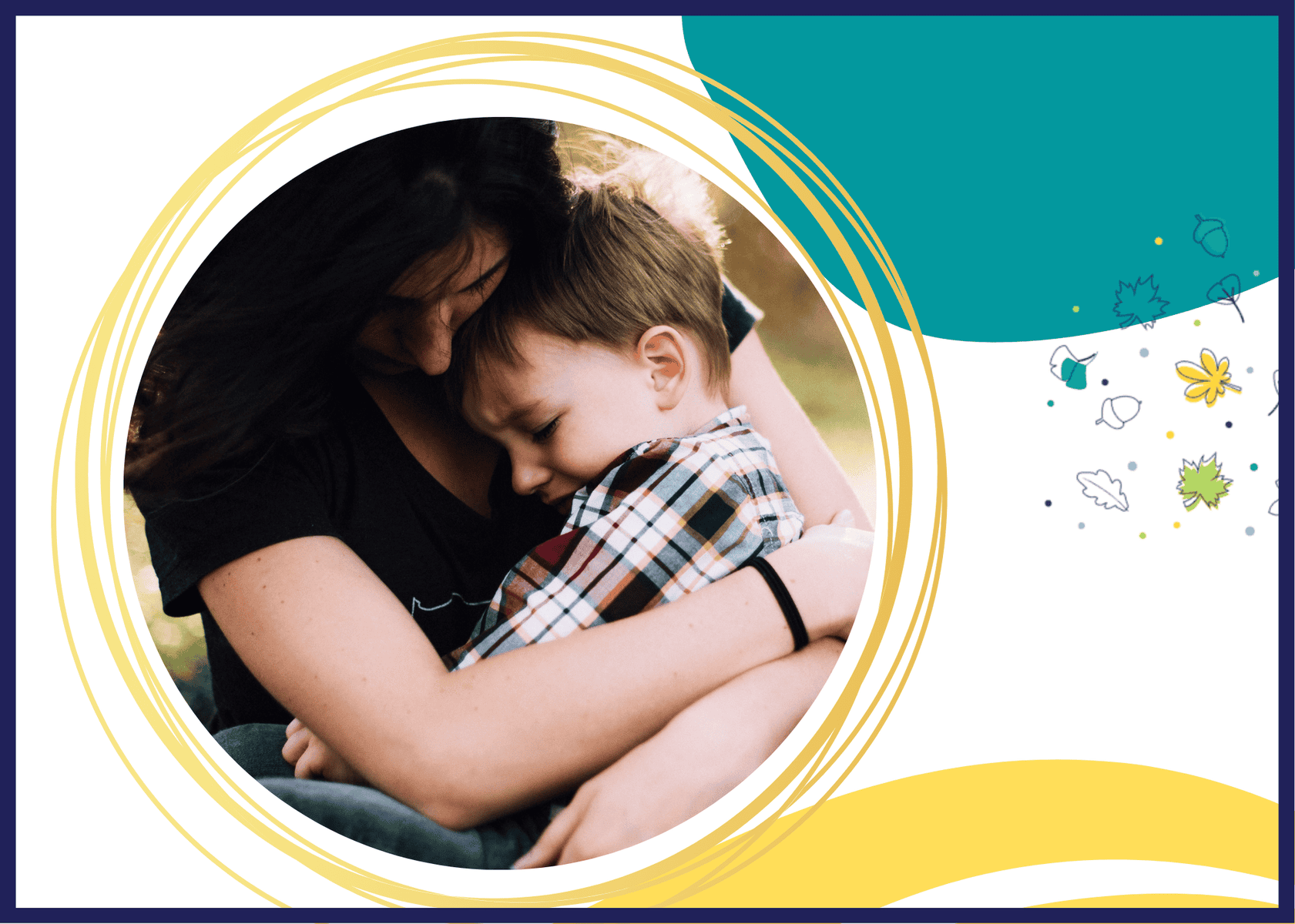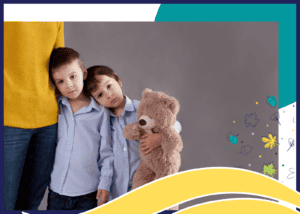Navigating Grief During the Holidays: Finding Hope and Healing Amidst Loss
As a mental health professional, I often hear from clients about the unique challenges the holiday season brings when grief is part of their journey. As someone who has navigated complex grief in my own life, I have also learned that grief doesn’t always look the way we might expect, nor does it follow a predictable path. It can emerge from losing a loved one, a relationship, or even a significant life change that alters our sense of self, our worldview, and daily experiences. During the holidays, these feelings often feel sharper, more immediate, and harder to navigate.
Understanding Grief in All Its Forms
Many of us typically associate grief with the death of someone we love or care about. However, it’s important to remember that grief is a universal human experience triggered by any event that disrupts our identity. Separation, divorce, a health diagnosis, or even a major life transition like relocating to a new city can all prompt profound feelings of loss. These events challenge how we see ourselves and our place in the world, and the holidays can amplify this distortion.
The “firsts” are often the hardest:
- The first holiday without a loved one
- The first season in a new home
- The first celebration after a significant change, such as a family breakdown or divorce
The ‘firsts’ are painful reminders of what has changed, and it’s completely normal to feel a variety of emotions, including sadness, longing, and even confusion. I assure you that your feelings are valid and very much a part of the grieving experience.
How Grief Manifests
Grief is deeply personal and can show up in unexpected ways. While emotional symptoms like sadness, anger, or denial are common, grief also has physical and cognitive effects. According to the Mayo Clinic (2020), symptoms of grief may include intense feelings of sadness or sorrow, difficulty concentrating, loss of trust or purpose, fatigue, trouble eating or sleeping, and increased susceptibility to illnesses.
These symptoms stem from the brain’s response to stress and loss, disrupting normal functioning and impacting hormonal and immune systems. The more aware we are of our physiological responses, the better we can approach grief with compassion for ourselves and others.
Navigating Grief During the Holidays
The holiday season often brings a heightened awareness of loss, but it can also provide opportunities for healing and connection. Here are some strategies to consider:
Talk About Your Grief: Don’t be afraid to share your feelings with friends or family. Talking openly about our grief can help you feel less isolated and more supported.
Set Realistic Expectations: It’s okay to lower the bar during this time. Respect your physical and emotional limits, and focus on activities that feel meaningful rather than obligatory.
Honour Your Loved One or Loss: Sharing memories of a loved one can help your transition to new holiday traditions. Examples include lighting a candle, telling stories, or creating new traditions celebrating the loved one’s impact on your life.
Stay Social: Maintaining connections with close friends and loved ones is imperative, as loneliness can be a significant risk factor for adverse health outcomes, including depression and suicidality.
Practice Self-Care:
- Pay attention to your needs, ensuring that you rest more.
- Eat nourishing foods.
- Seek moments of quiet reflection.
If you are supporting children through grief, remember that focusing on your well-being and taking care of yourself is crucial to being there for your children. Think about the oxygen mask analogy: just like in an airplane emergency, you must put on your mask before helping others. By taking care of yourself, you are better able to support your children through their grief.
Reach Out for Support: If you’re feeling overwhelmed by your grief, don’t hesitate to talk to a therapist or join a support group. There are wonderful mental health and grief specialists out there who can help. They have the tools and understanding you might need to get through this tough time, and they can offer you valuable perspectives along the way. You are not alone!
Supporting Grieving Children During the Holidays
For children, the holidays can hold intense reminders of loss. As a parent or caregiver, it is incredibly helpful to provide ongoing validation of their feelings and opportunities for them to connect with the memory of a loved one. Encourage open conversations and be a model for expressing emotions. Some examples of activities can include looking through photo albums, sharing comforting memories, or creating a memory jar to help children process their grief meaningfully. Additionally, consider involving them in holiday preparations or volunteering activities to provide a sense of purpose and distraction from their grief.
Remember, Grief is Unique
Grief is not a linear process, nor does it have a set timeline. Our unique relationships and life circumstances shape each of our experiences with grief and loss. Be gentle with yourself and others as you navigate this season. Whether your grief is fresh or long-standing, it’s okay to feel a mix of joy, sorrow, and everything in between.
As a mental health therapist with Acorn Counselling, our team understands how challenging the holidays can be for many of us. If you’re having difficulty coping, please get in touch with us. We are here to listen and support you in your grief journey as we work together towards healing and hope.

Chrissy Carr, BSW RSW
Mental Health Counsellor






